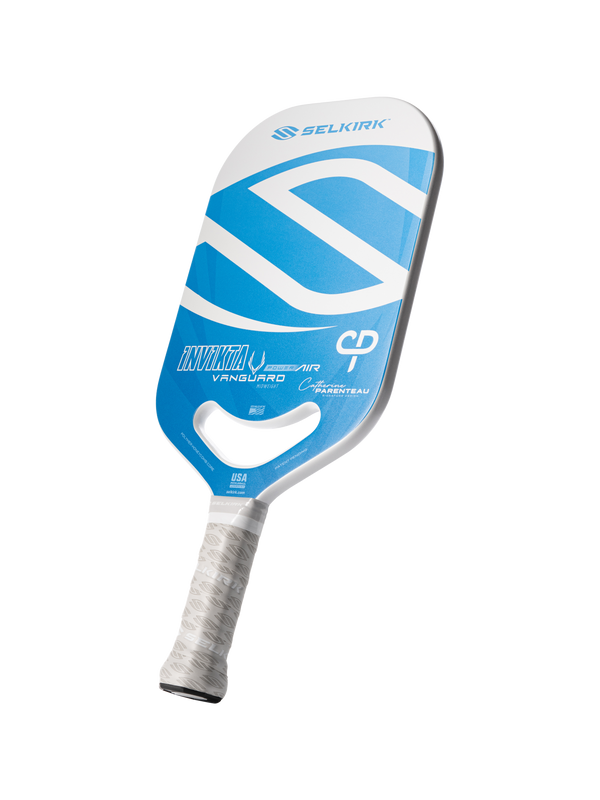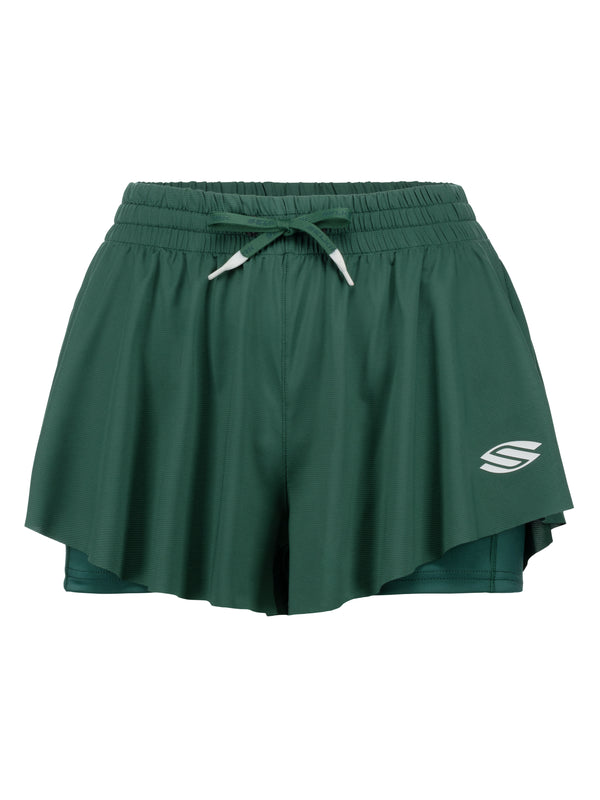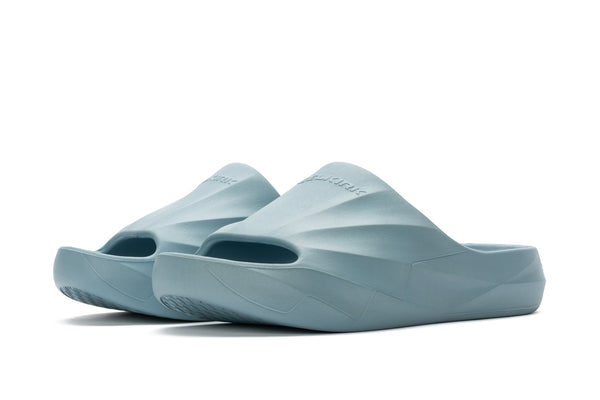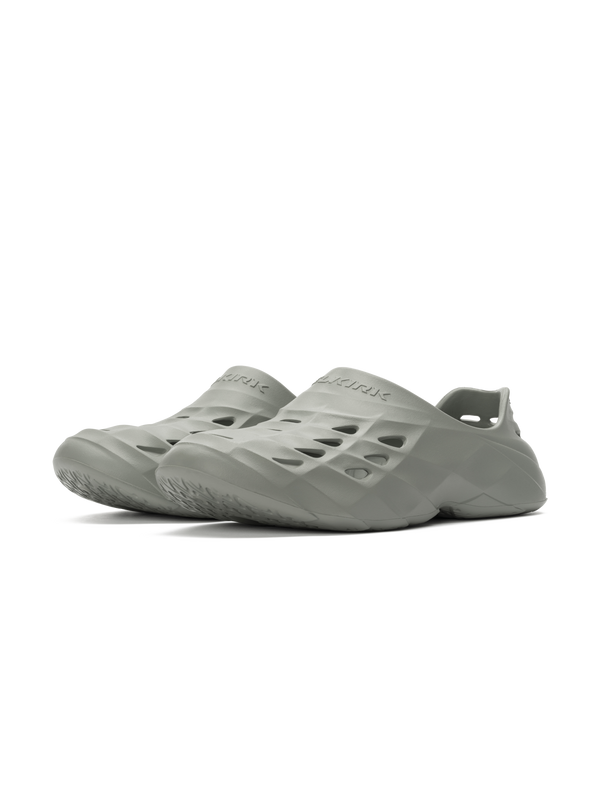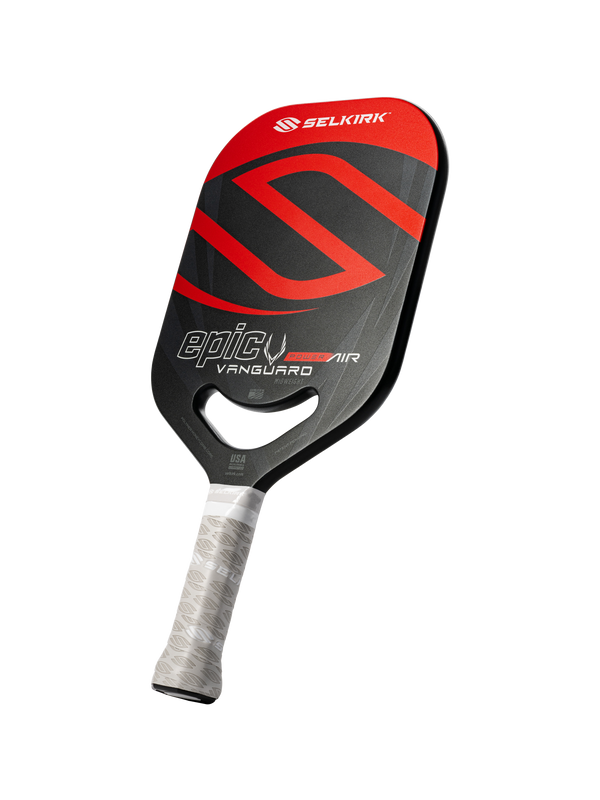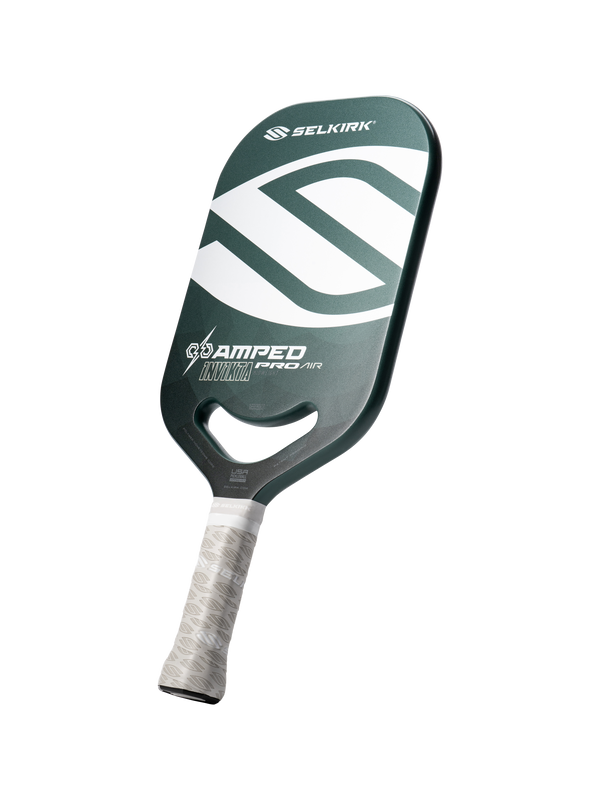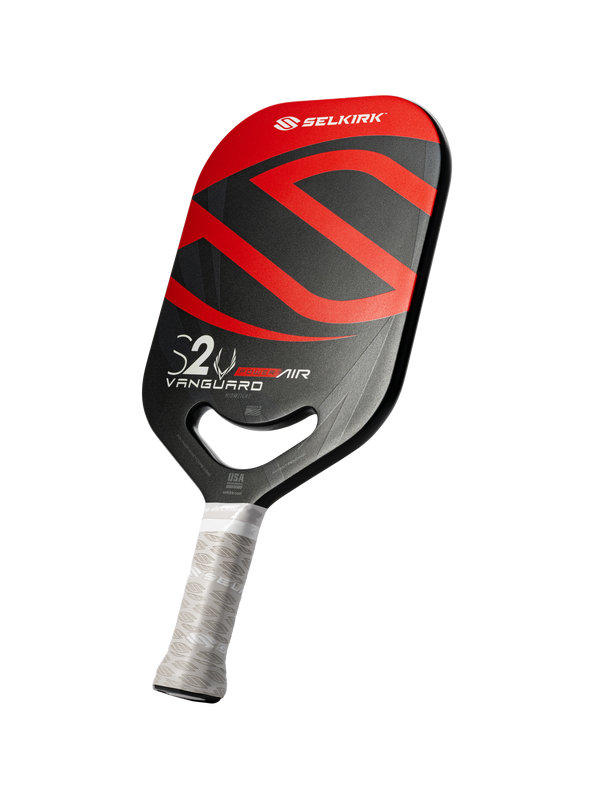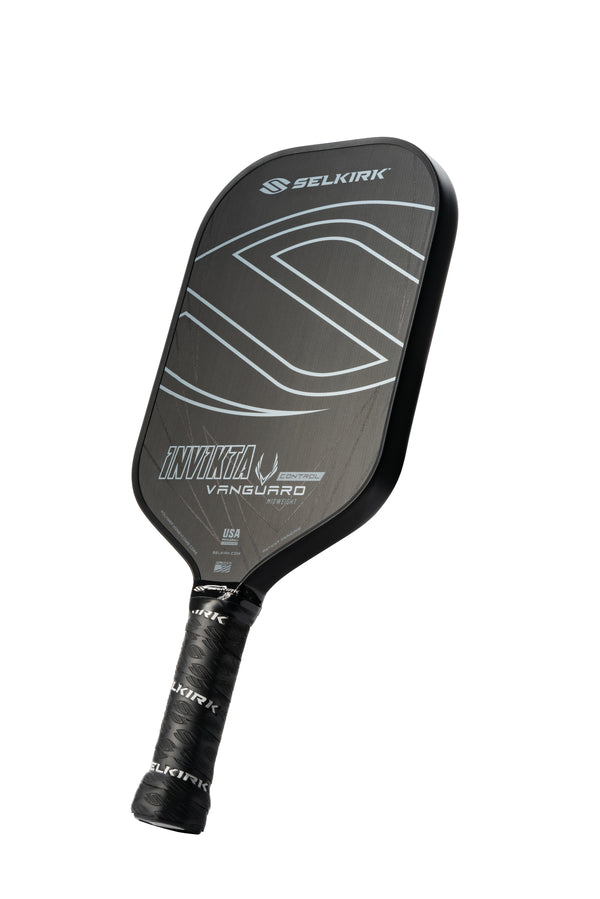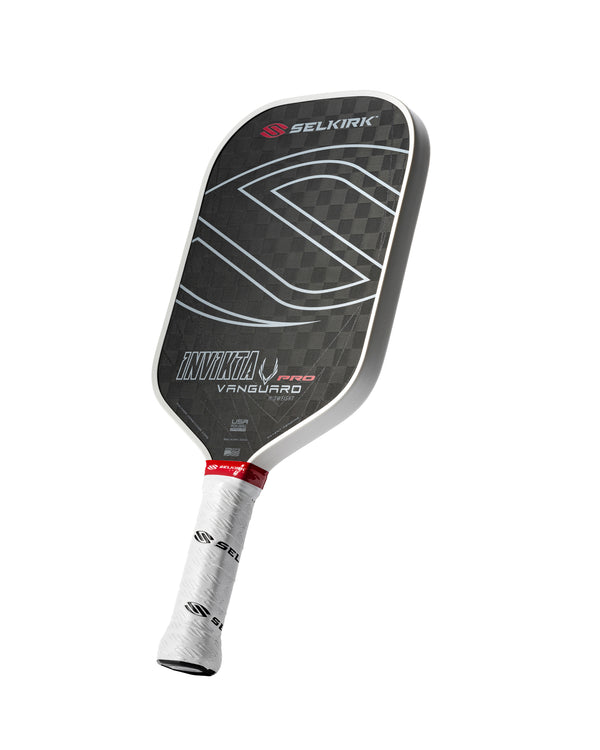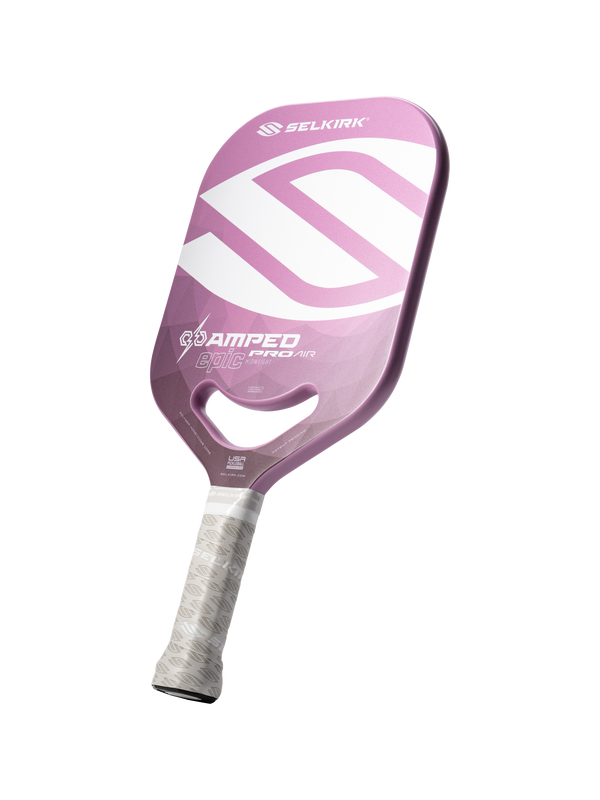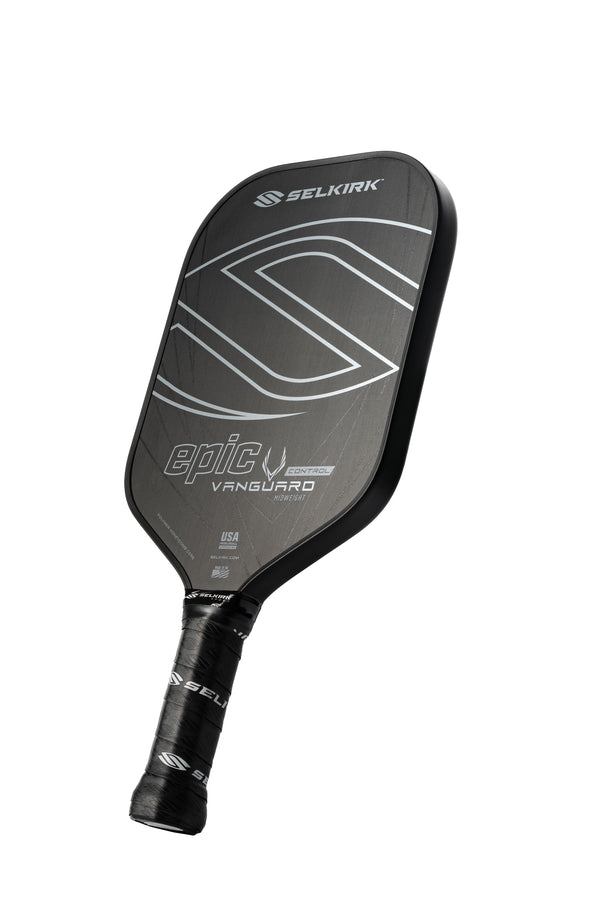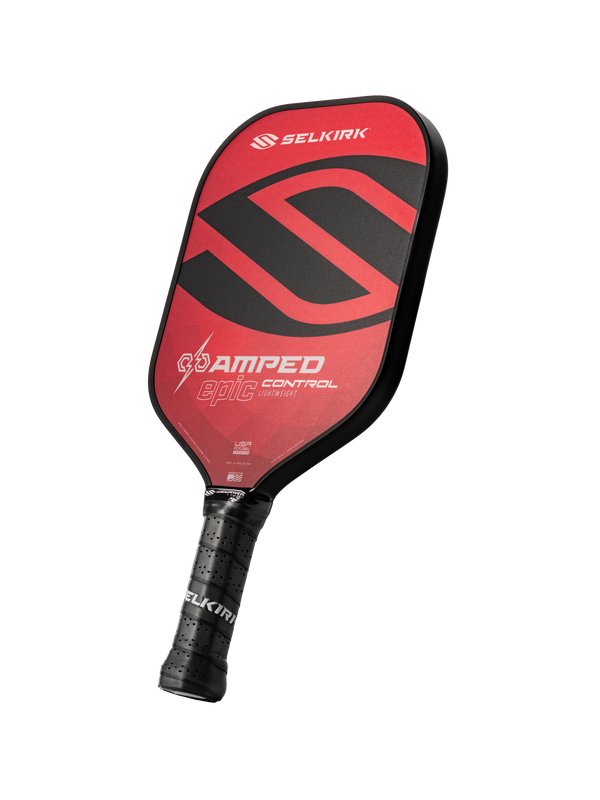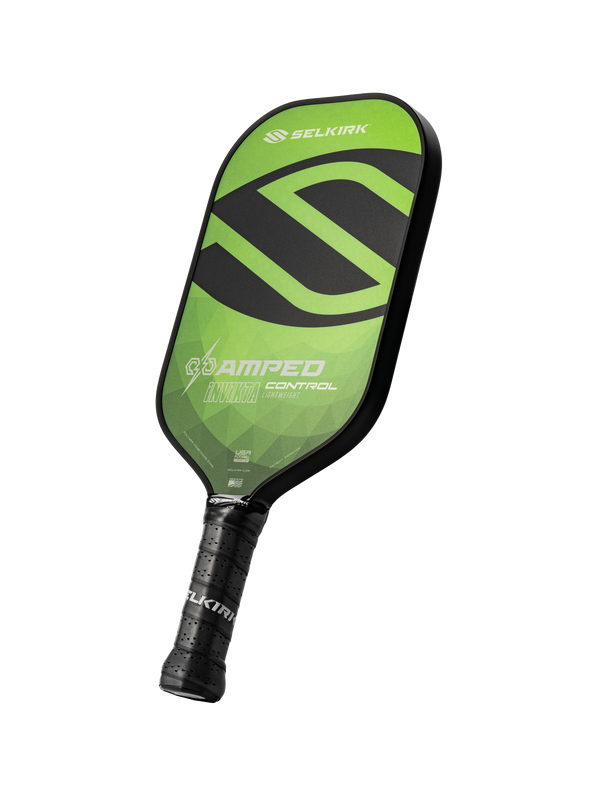by Jerrett Chirico

At any point in time, in any industry, across history, there are people that rise to power. This may happen through dedication, hard work, talent or simply just being in the right place at the right time. In many cases, those who rise to power are often thrust into leadership positions but fall short of being leaders.
Yes, it is a fact that most things change. There is a natural evolution that happens and within that a transfer of power. Those who have power are often fighting to keep it while those gaining it are soaring with limitless momentum and opportunity. Instead of swimming with the current or otherwise “adapting” those on their way out fight it in an act of defiance as they believe it proves relevance. They are doing the opposite. I’m here to tell you success is 100 percent about relevance. The measure of success is the ability to be heard, to create, to lead.
Leadership is not about being the star of the story but rather being a part of the story. Success in any industry is about survival. Leaders survive. They understand they will not always be the star, but by being a part of the story, they will have the ability to mold an industry over an extended period and ultimately have a lasting impact. Successful leaders will be able to mentor the rising stars. Their actions of today will continue to be a part of the conversation tomorrow and so they continue to be relevant. Thus, continuing to lead.
It is impossible to succeed alone. The people you surround yourself with will make or break your dreams. To lead is to put your future in the hands of someone else. That is called trust. To be able to trust someone is both courageous and bold. You must be brave enough to hand over the spotlight. A true leader celebrates others’ success and understands that their success will always be through that of another.
The racquets industry is a mirror image of life. It has been seen time and again, through every industry, through countless individuals and across the world. Tennis has long been the staple racquet sport, especially in the United States. The tennis industry has been guided by its experts and those in leadership positions for decades. These “experts,” spent their careers proclaiming to be the “most knowledgeable,” in the game… and many were. However, by doing so, they stopped listening and so stopped leading. They became so focused on tennis, and their position in the industry, that they ignored what was happening in the broader racquets industry. They were blind to racquets. Squash, Paddle, Padel all grew in double digits year over year while pickleball became the most played racquet sport in the country. In many ways, this feels like it happened overnight. However, this was a slow process that took nearly a decade. Remember, in the absence of true leadership an industry will open opportunities to those bold enough to take them.
The tennis elite, USTA, Directors, so called leaders across the country called these other sports a “fad.” They said it wouldn’t last and laughed it off as an unorganized hobby. They believed they knew better. They believed they knew it all. As racquets continued to grow, many clubs that didn’t adapt went under, many “elites,” that didn’t adapt lost their jobs while most simply went through the motions.
As racquets explodes nationally, the tennis industry continues to downplay the success. The USTA claims pickleball has 8.9 million players while the true number is estimated by some to be over 35 million. One racquet sport does not have to weigh down another to prove its relevance. Tennis has had staggering growth with over 24 million players, up from 17 million just a few years ago. The average crossover rate between racquet sports is 30%. If 35 million are playing pickleball, an estimated 10 million will try tennis as it is the next most accessible racquet sport. That fact is worth celebrating. The success of tennis will catapult because of the success of other racquet sports. It is the same way with people. Your success will catapult from being a continual part of the story.
Today, everyone is fighting for relevance, everyone wants to hold onto power, to gain power, to be heard. Search and consulting executives that do not understand racquets are calling themselves, “experts.” Certification bodies are fighting over control and relevance and the largest organization in the United States continues to downplay pickleball. Is life not the same way? If we simply supported each other, and worked toward a shared vision of success, would all sports not grow quicker, grow better? The answer is they would, and they do.
The Directors’ Club of America recently had the CEO of Tennis Canada, Michael Downey as a guest speaker. When asked how they achieved so much success so fast, he responded with one word – Trust. They simply find the right people, support them, and are courageous enough to believe in them. They take chances and continually invest in their people. They do this by asking questions knowing they are not the experts but rather the means to help their experts succeed.
Those who call themselves experts must also balance a love for continual learning and growth as we know adapting to change is a key component to success. To learn is to lead. There will be moments when we shine and those we will want to last forever. However, true leadership is found not in the spotlight but behind it. Success is a puzzle. A leader’s job is not to know where all the pieces go but to support those who do. Not having all the answers often is the greatest answer of all. Keep leading and always keep learning!
Let the journey continue!
About the Author
Jarrett Chirico is the Director of Racquets at Royal Oaks Country Club in Dallas, TX. He has an extensive background as both a director and former player, as well as a creator of several esteemed programs in the country
He has directed many top tier tennis and paddle programs in the Northeast and the largest pickleball program in the country retaining over 1,000 people weekly. He is currently one of the best pickleball players in the world and the founder of clay court pickleball.




